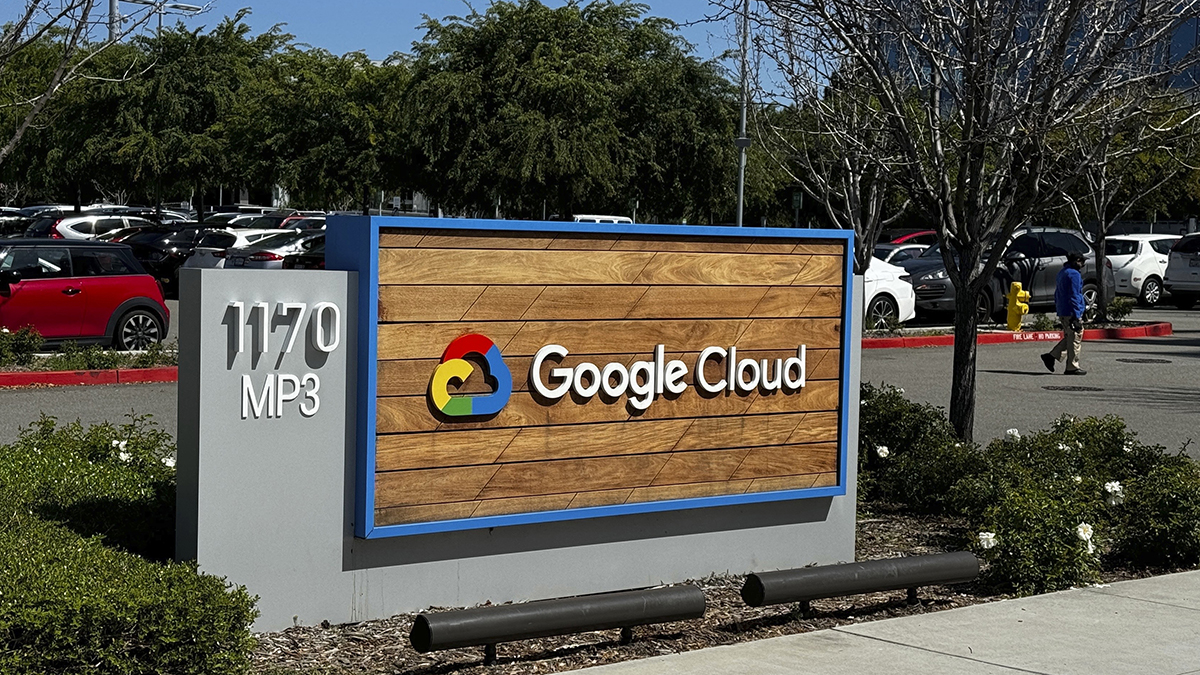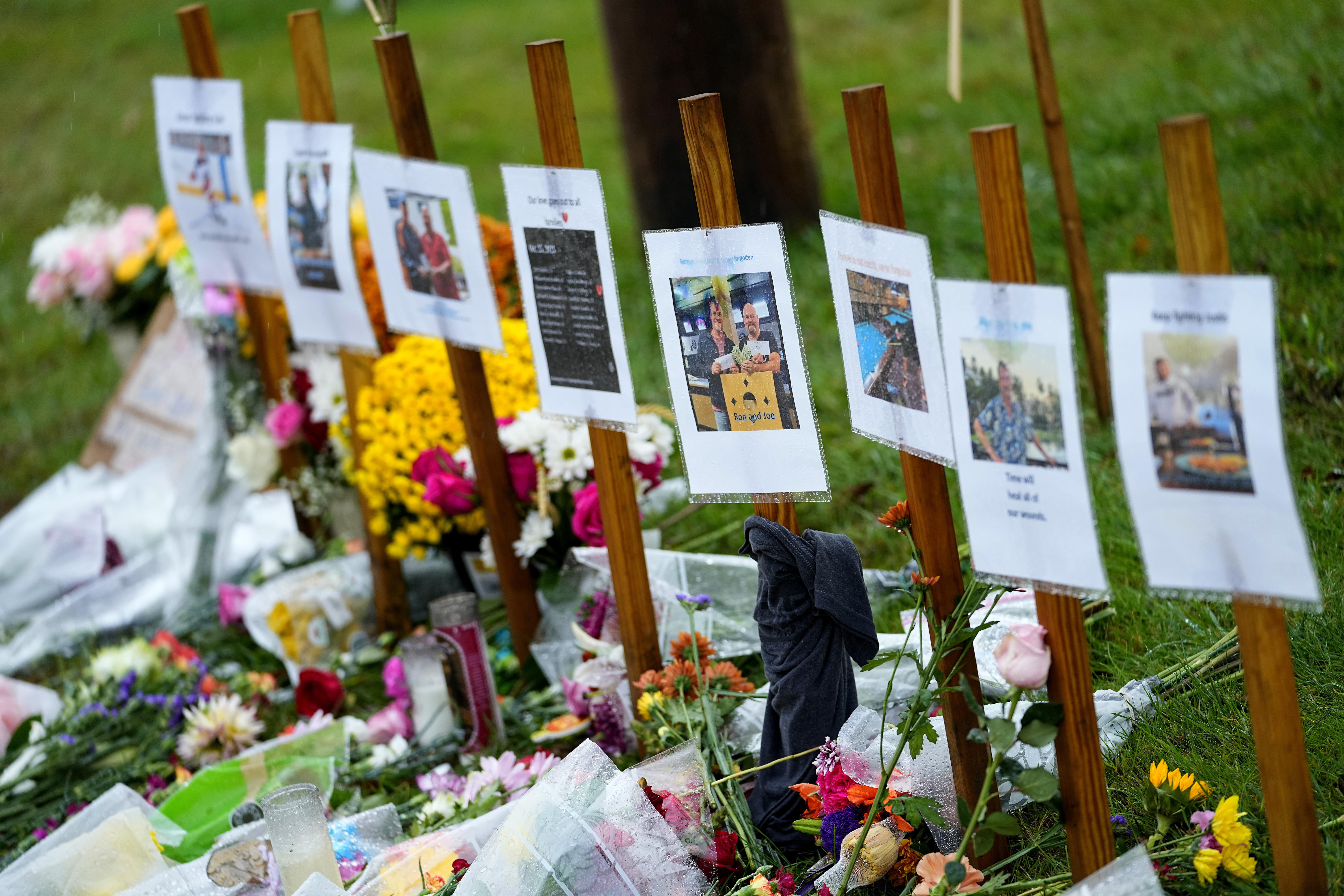More than 1 million people filled a park in Ecuador's main port city on Monday for Pope Francis' first big event of his three-nation South American tour, hoping for a glimpse of Latin America's first pope returning to his home soil for a Mass dedicated to the family.
Many pilgrims spent the night outdoors, and some walked for miles to reach the park on Guayaquil's northern outskirts where the crowd sang hymns and sought pockets of shade to keep cool amid the scorching sun and high humidity.
"I'm tired. I'm hungry, I haven't slept but I'm also full of emotion and joy in my heart," said Vicente Huilcatoma, a 47-year-old retired police officer who walked 25 miles (40 kilometers) to reach Samanes Park.
Government organizers estimated that more than 1 million people turned out for the papal Mass. Across the park, Ecuadoran national flags and papal banners waved above the enormous sea of people. Ecuador's population is about 15 million.
On his arrival in Guayaquil, the pontiff allowed several acolytes on the tarmac to take selfies with him. He was met by Mayor Jaime Nebot, who gave him ceremonial keys to the city made from gold and silver and encrusted with topaz and pearls.
Francis headed first to the Shrine of the Divine Mercy, where 2,000 invitees gathered including child cancer patients, residents of homes for the elderly abandoned by their families and some of Guayaquil's poorest people.
A child reached out to touch Francis as he arrived at the shrine and nearly poked him in the eye. The pope walked away grinning, then spent a minute in silent prayer beneath a huge painting of Jesus Christ.
U.S. & World
He told those gathered that he would pray for them "and I won't charge you a thing. All I ask, please, is that you pray for me." Before leaving, he kissed the head of a disabled child in a wheelchair as he made his way through the crowd.
After the open-air Mass, a private lunch was planned with a group of Jesuits.
A highlight was to be a reunion with the Rev. Francisco Cortes, a priest affectionately known as "Padre Paquito," to whom the Argentina-born pope, then the Rev. Jorge Mario Bergoglio, entrusted his seminarians on study trips to Ecuador years ago.
In a recent interview with The Associated Press, Cortes couldn't fathom that Bergoglio remembered him, much less made a point of coming to have lunch.
"I don't know what to ask him," the soon-to-be 91-year-old Cortes said. "He said he wanted to see me and I'm amazed that he's coming. For the first time, I have known a pope.
The "pope of the poor" returned to Spanish-speaking South America for the first time as pontiff Sunday, stressing the importance of protecting the needy and the environment from exploitation and — in a nation whose president was booed as his vehicle followed the papal motorcade Sunday — to foster dialogue among all sectors of society.
Francis' only other trip back to Latin America since being elected pope was in 2013, when he visited Brazil, where Portuguese is the main language.
Children in native dress greeted Francis Sunday at Mariscal Sucre airport outside Ecuador's capital of Quito, the wind blowing off his skullcap and whipping his white cassock as he descended from the plane following a 13-hour flight from Rome.
In a speech in front of President Rafael Correa, Francis signaled some key themes for the visit, which also takes him to Bolivia and later Paraguay: the need to care for society's most marginal, guarantee socially responsible development and defend the Earth against profit-at-all-cost development that he says most harms the poor.
The environmental message — from a pope who last month issued a treatise staking the Earth's preservation as a core mission — is particularly relevant for Ecuador, a Pacific nation that is home to one of the world's most species-diverse ecosystems but is also an OPEC country heavily dependent on oil. High crude prices allowed Correa to lift 1.3 million people out of poverty in his eight years in office.
But now that prices have fallen, the generous social safety net Correa has woven is threatened. He's had to cut government spending and been buffeted for nearly a month by the most serious anti-government street protests of his tenure.
Along Francis' motorcade route into Quito, the throngs followed chants of adulation for the pontiff with jeers of "Correa out!" when the president's entourage followed.
Correa also has angered environmentalists and the nation's main indigenous group, CONAIE, by moving forward with oil drilling and mining projects in pristine Amazon forests.
Standing by Correa's side at the airport, Francis pledged the Catholic Church's readiness to encourage respect for peoples' differences and foster "dialogue and full participation" so all are ensured a better future.
Correa, who spoke before Francis, echoed the pope's concerns about an "unjust and immoral" global economic system, accusing the world's rich countries of unfairly exploiting the developing world's resources without reciprocating with technology transfers.
Francis thanked Correa for his "consonance of thought."
"You've cited me too much," he said.
The Vatican spokesman, the Rev. Federico Lombardi, estimated that 500,000 people lined the route that took Francis to the Vatican ambassador's residence.
Many in the crowd said they hoped the pope would have a calming effect on the country's tense political situation.
Former President Gustavo Noboa, who led the country through its worst political and economic crisis from 2000-2003, told the AP on Monday that Francis' visit is important for such a polarized country.
The 78-year-old Noboa, using a walker, stressed the importance of understanding Francis' message of "helping out one's neighbor, being humble and forgiving."
Francis chose to visit Ecuador, Bolivia and Paraguay specifically because they are among the poorest nations in a region that claims 40 percent of the world's Catholics.
He's skipping his homeland of Argentina, where as archbishop he ministered to the poorest slum-dwellers, to avoid papal entanglement in this year's presidential election.
Francis' stops later in the week include a violent Bolivian prison, a flood-prone Paraguayan shantytown and a meeting with grass-roots groups in Bolivia.
Crowds are expected to be huge. While the countries themselves are small, they are fervently Catholic: 79 percent of the population is Catholic in Ecuador, 77 percent in Bolivia and 89 percent in Paraguay, according to the Pew Research Center.
Before leaving Rome, Francis did some hometown ministering, with Lombardi saying the pope welcomed 10 homeless people into the Vatican.



